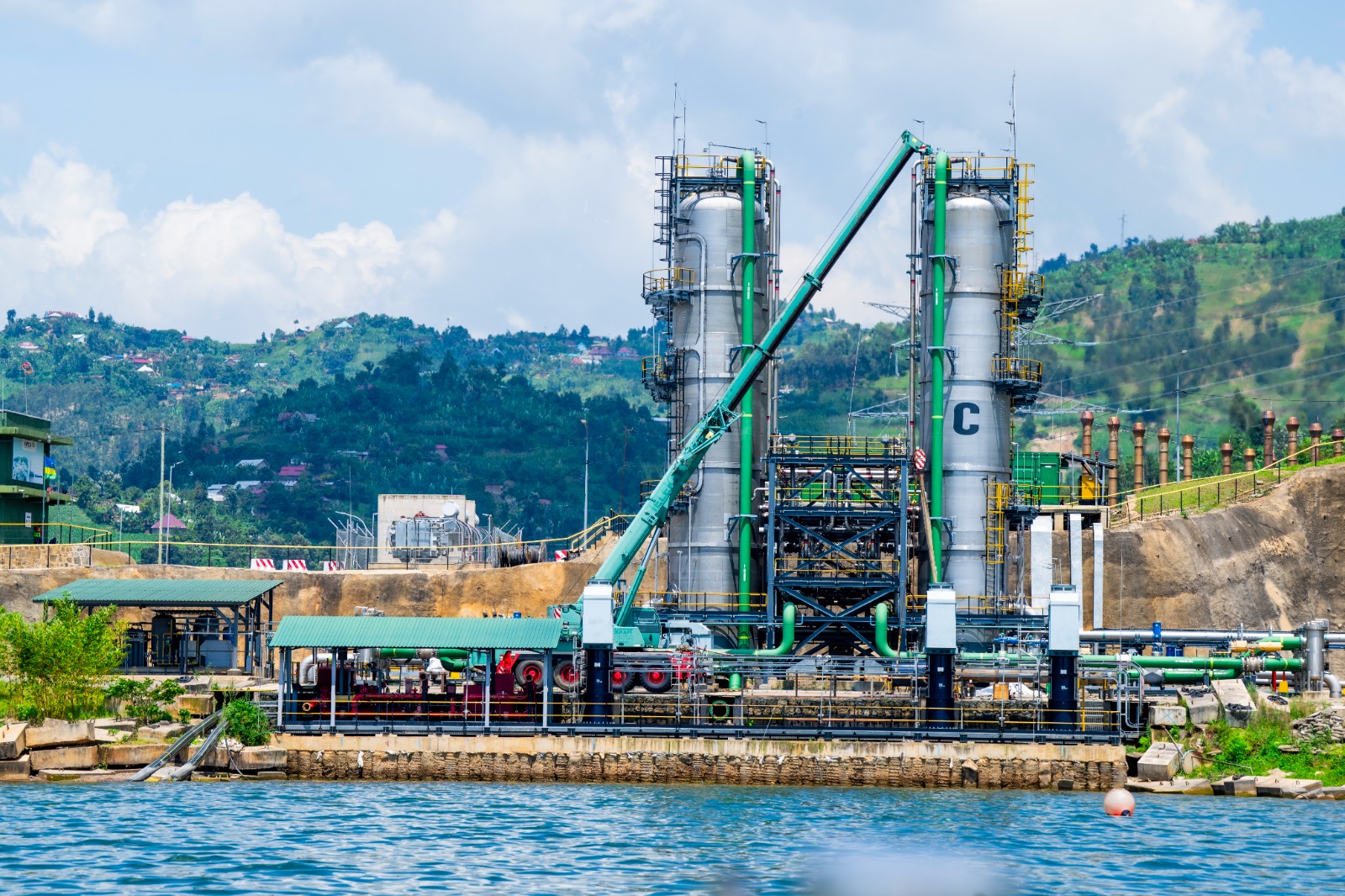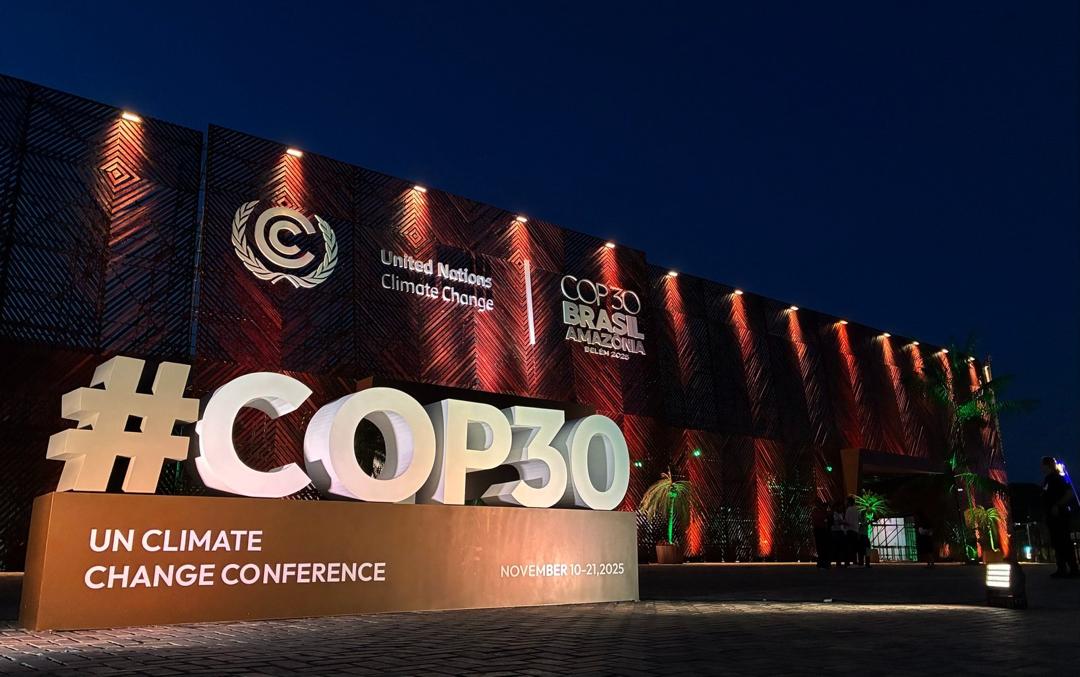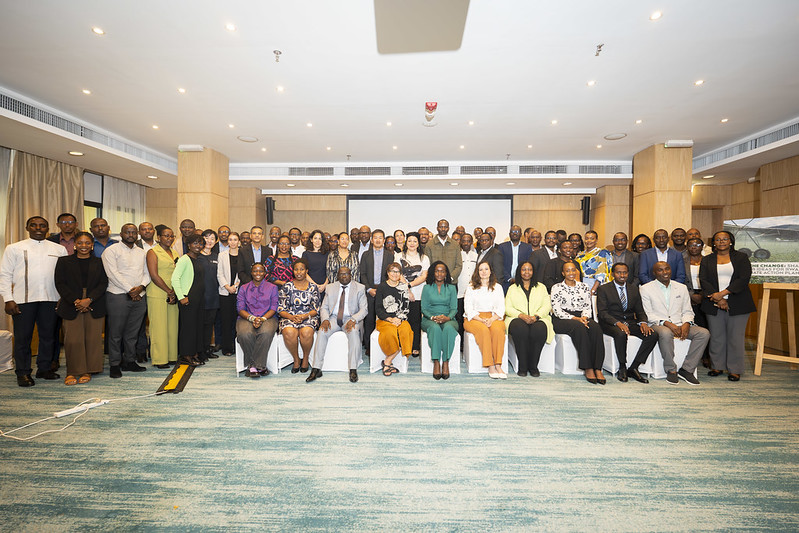As like many other countries, Rwanda is increasingly experiencing the impacts of climate change. Rainfall has become increasingly intense and the variability is predicted to increase by 5% to 10. Changes in temperature and precipitation and their distributions are the key drivers of climate and weather-related disasters that negatively affect Rwandans and the country’s economy, including droughts, floods, and landslides which result in damage to infrastructure, loss of lives and property (including crops) and contribute to soil erosion and water pollution. Rwanda is highly reliant on rain-fed agriculture both for rural livelihoods and exports of tea and coffee, in addition to depending on hydropower for half of its electricity generation. The country’s ongoing economic growth is therefore highly threatened by climate change.
The Government of Rwanda is committed to urgent climate action, aiming to limit global temperature rise in line with the Paris Agreement. Despite contributing minimally to global greenhouse gas emissions, Rwanda prioritizes both mitigation and adaptation due to its high vulnerability to climate change. In 2011, Rwanda adopted the Green Growth and Climate Resilience Strategy (GGCRS), (revised in 2023) is aligned with the National Strategy for Transformation (NST2) for 2024-2029. The GGCRS outlines actions for transitioning to a low-carbon, climate-resilient economy and informs key national strategies, including the Nationally Determined Contributions (NDC) and the National Environment and Climate Change Policy of 2019, which aims to achieve a climate-resilient nation with a clean and healthy environment by 2050.












